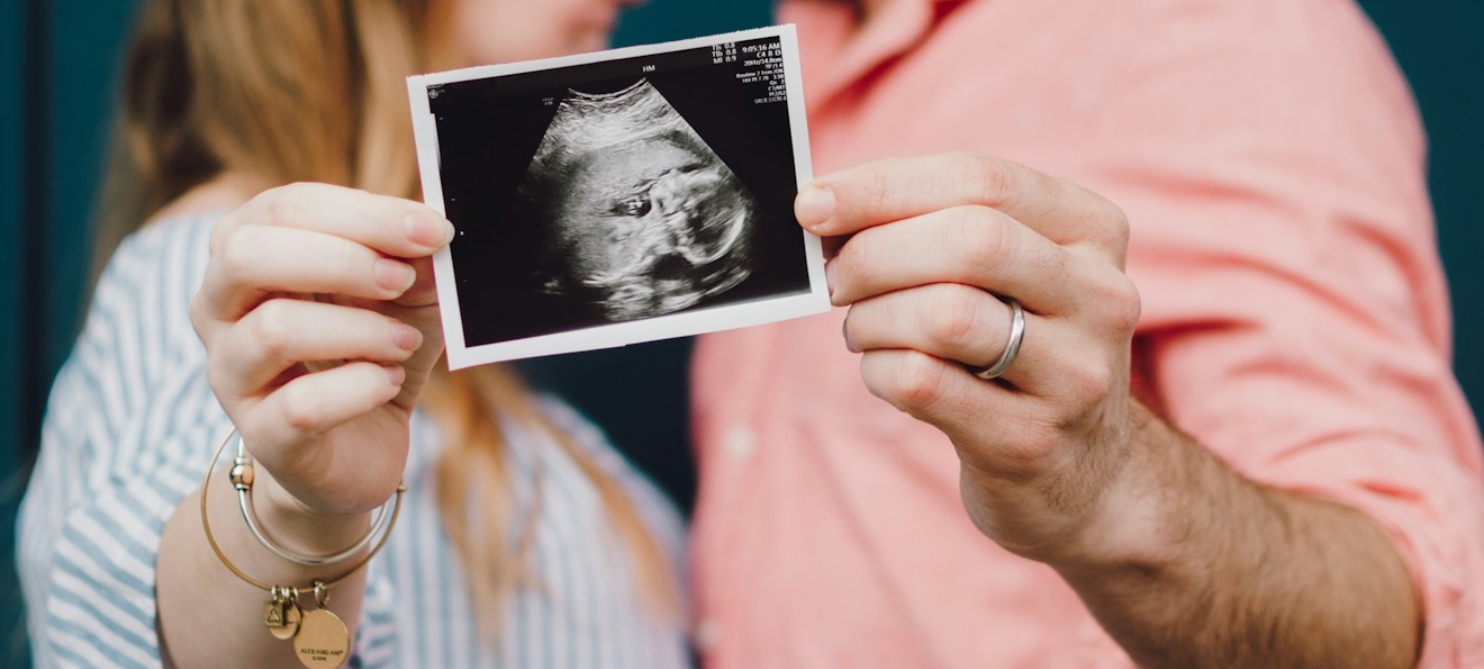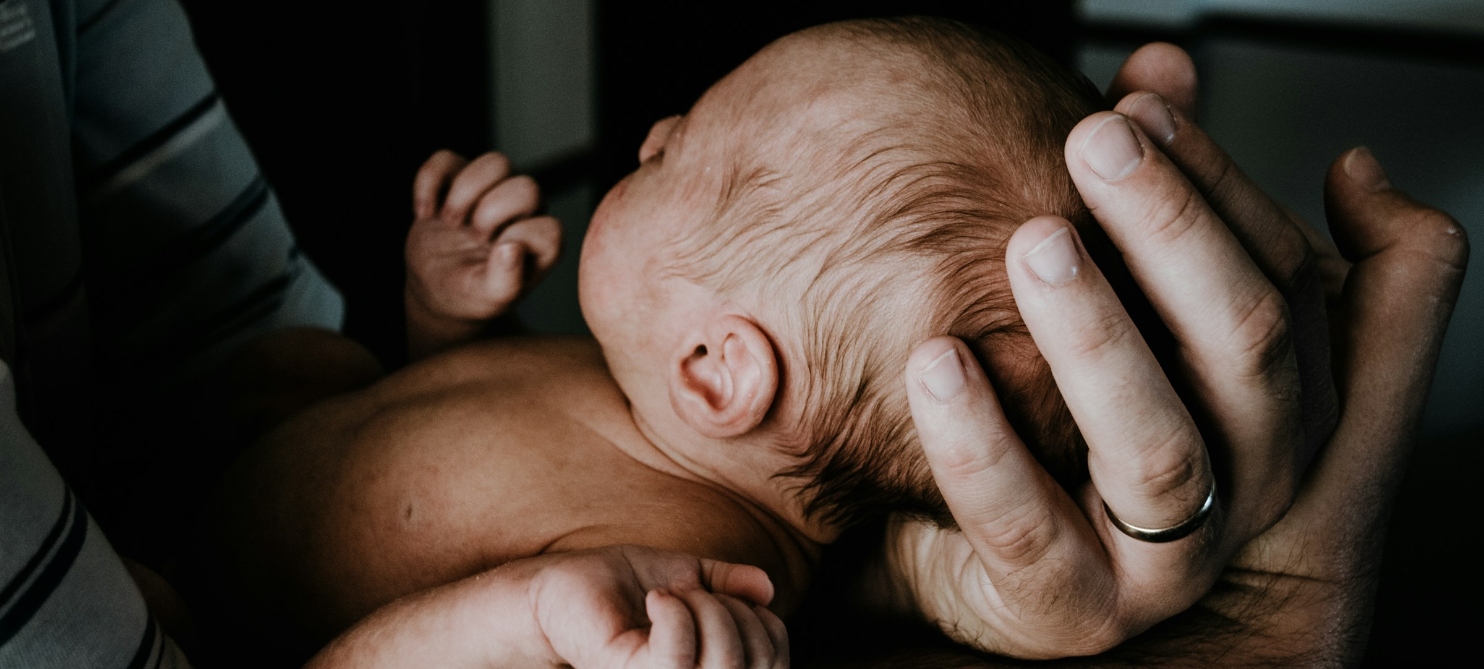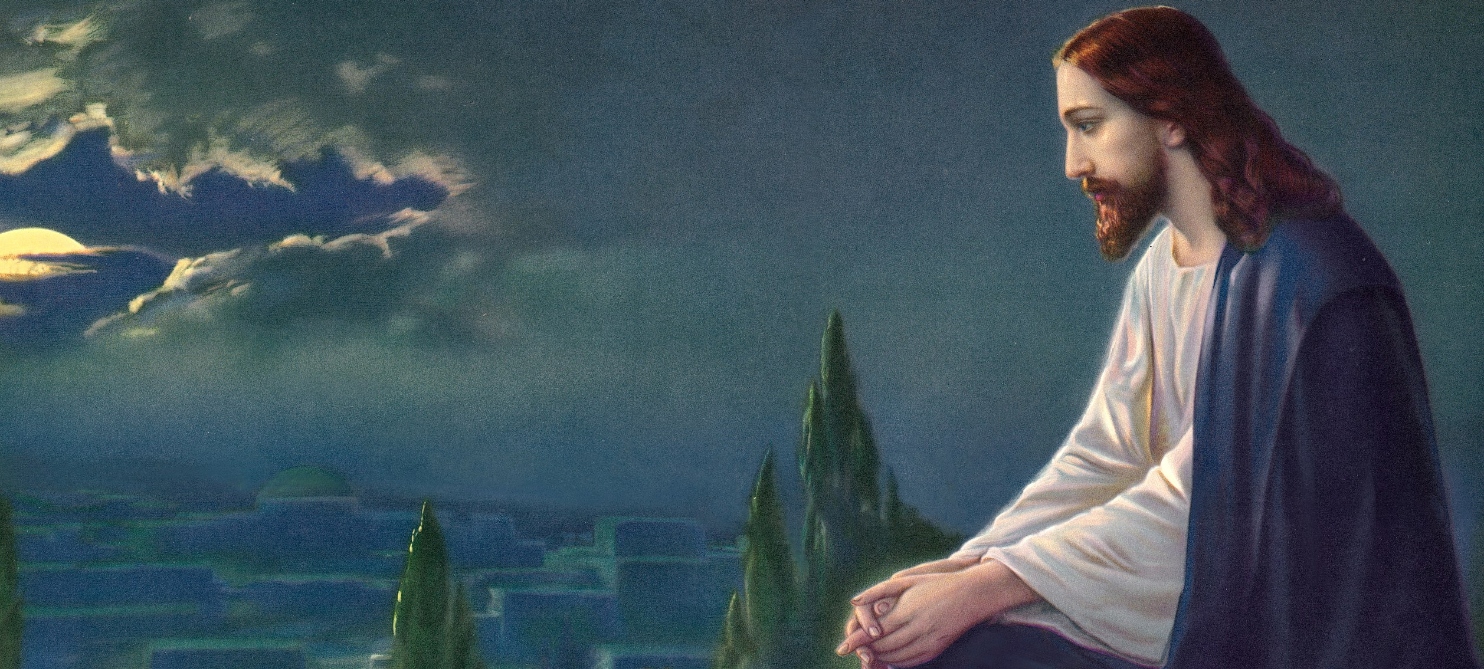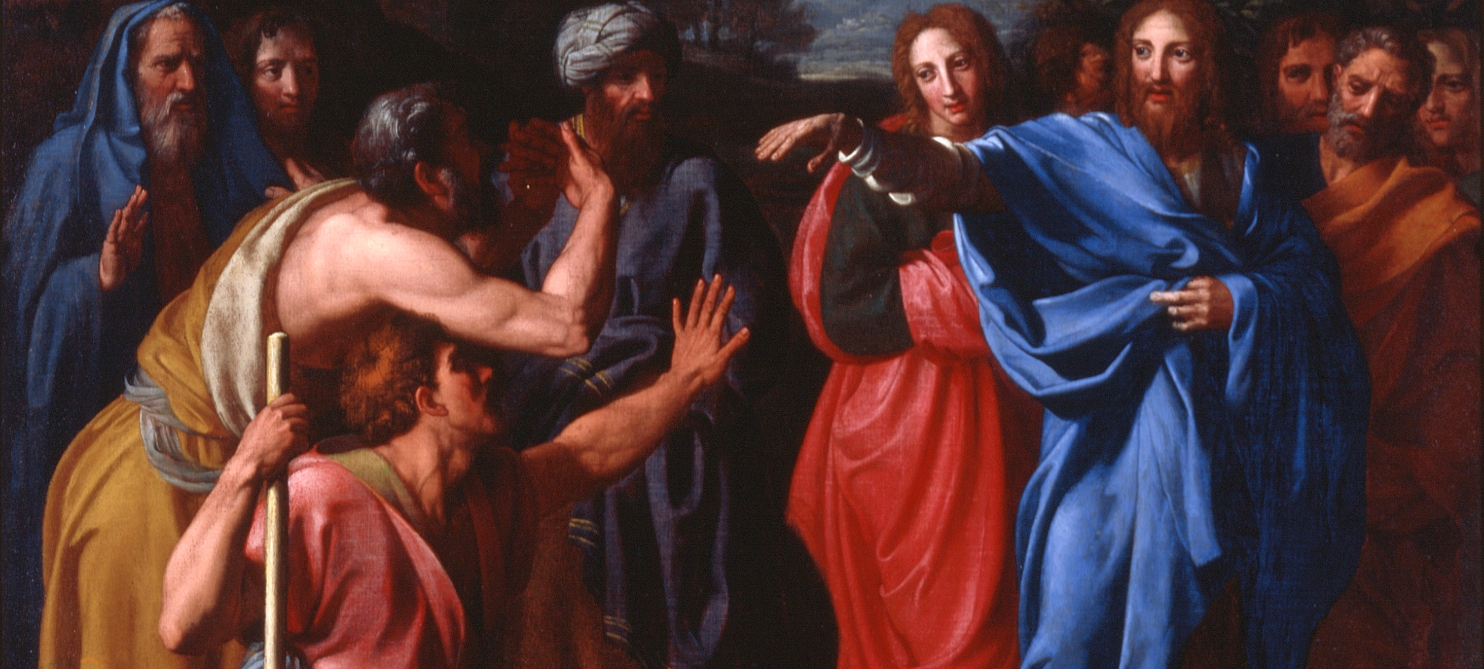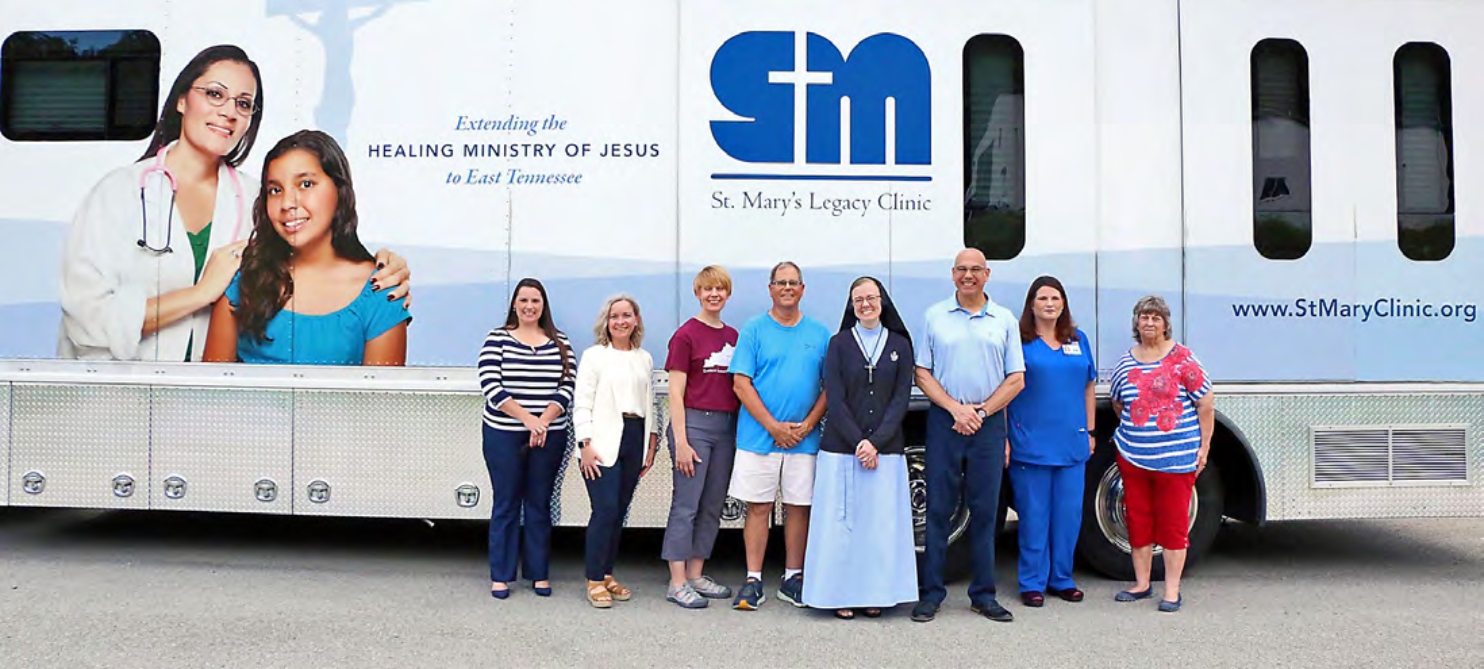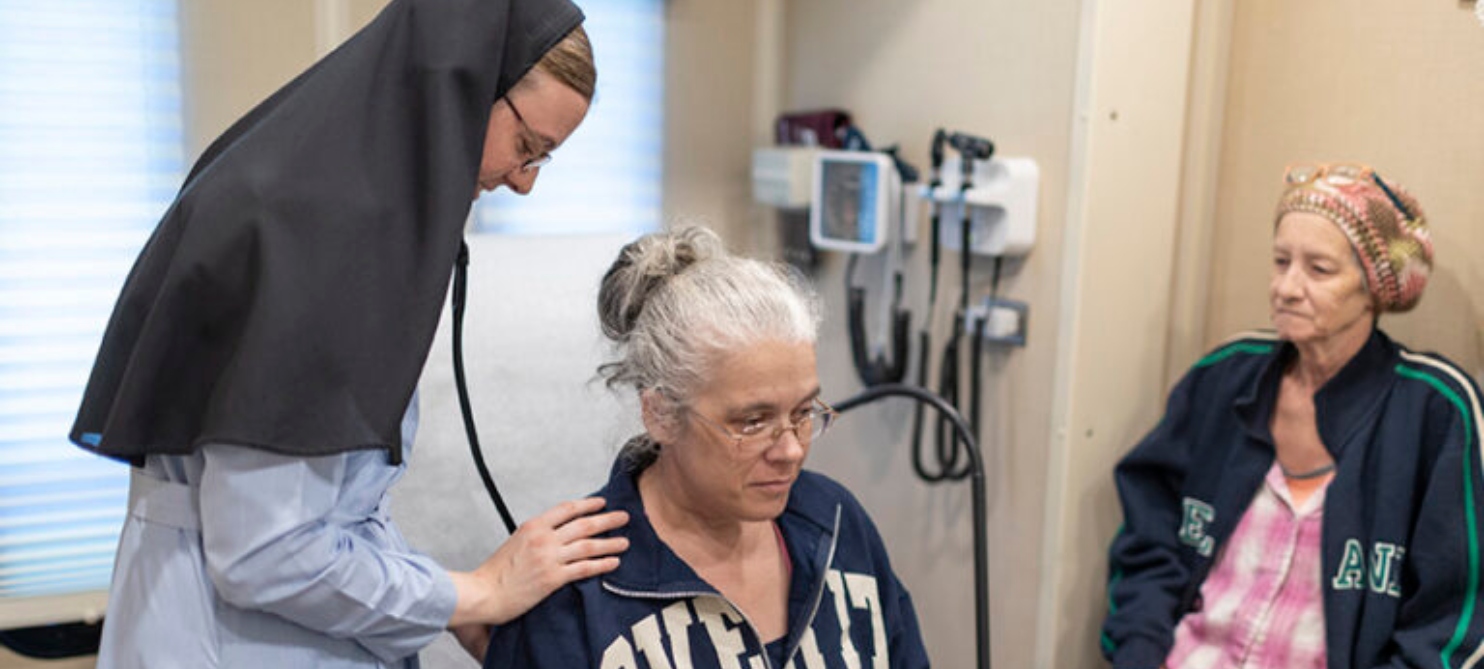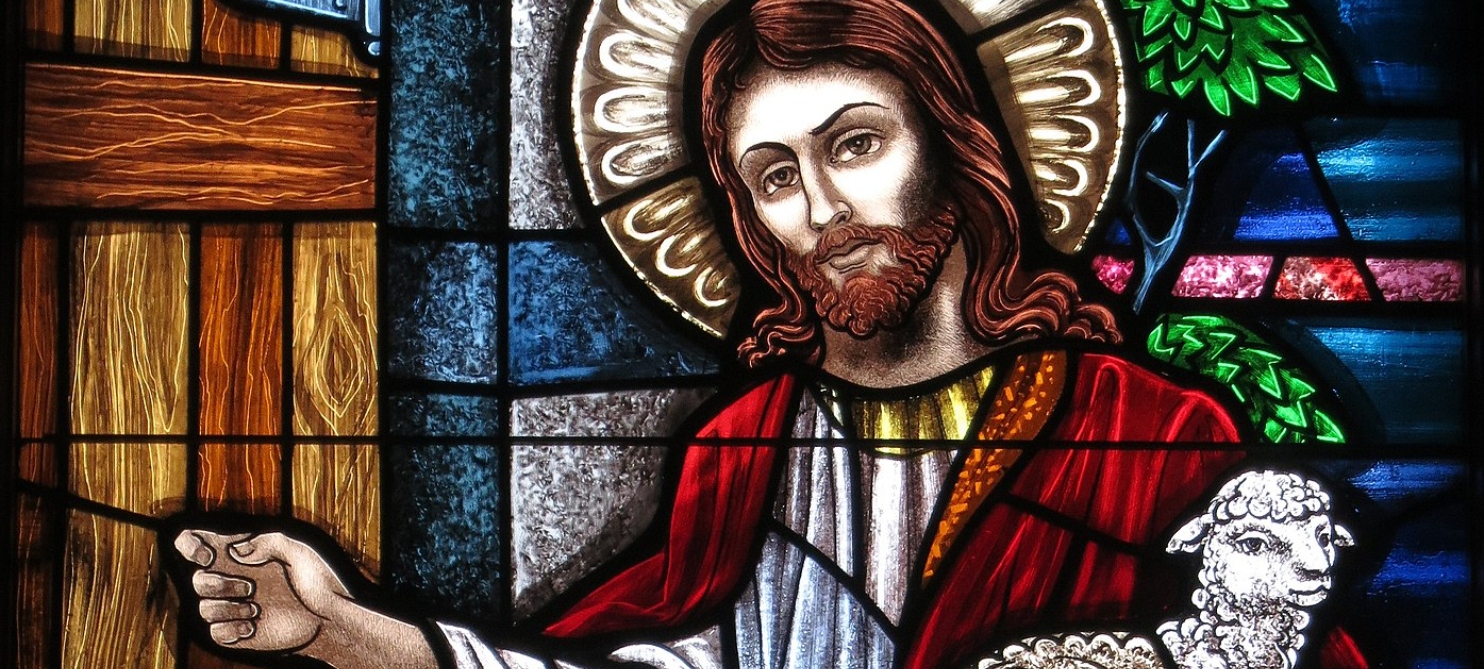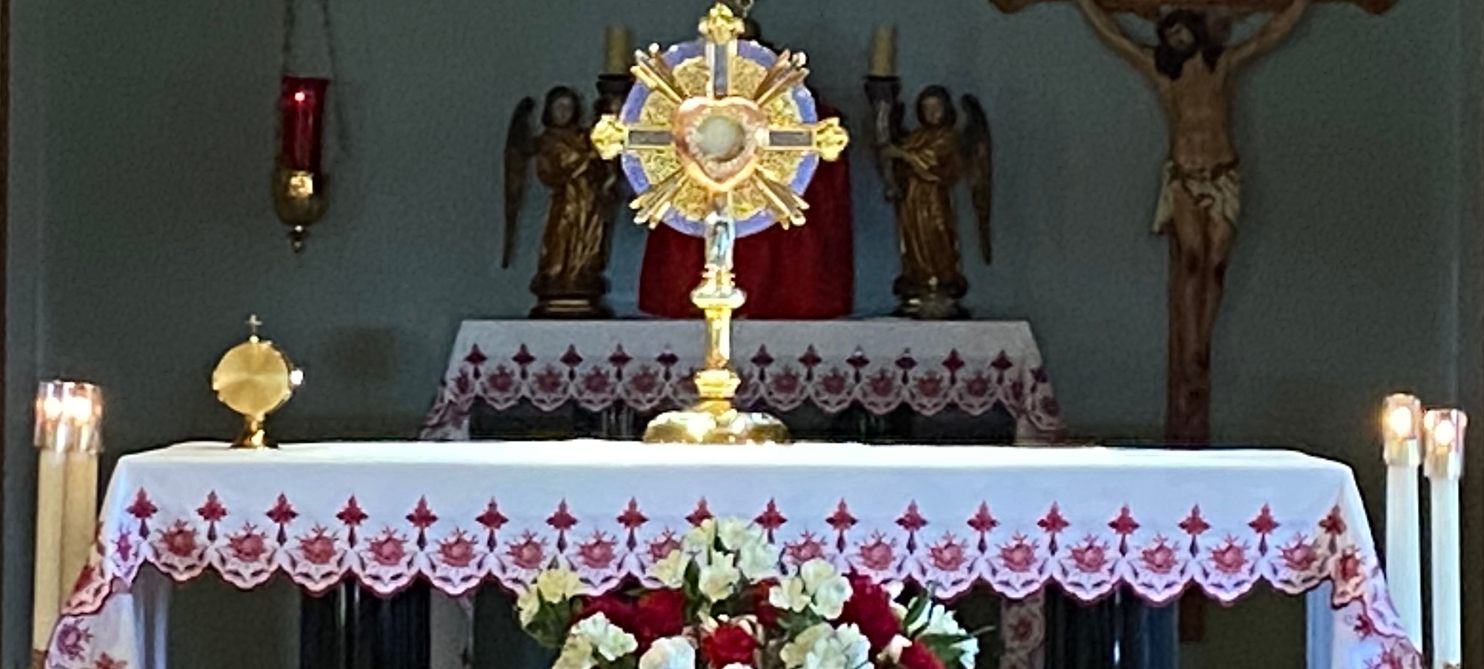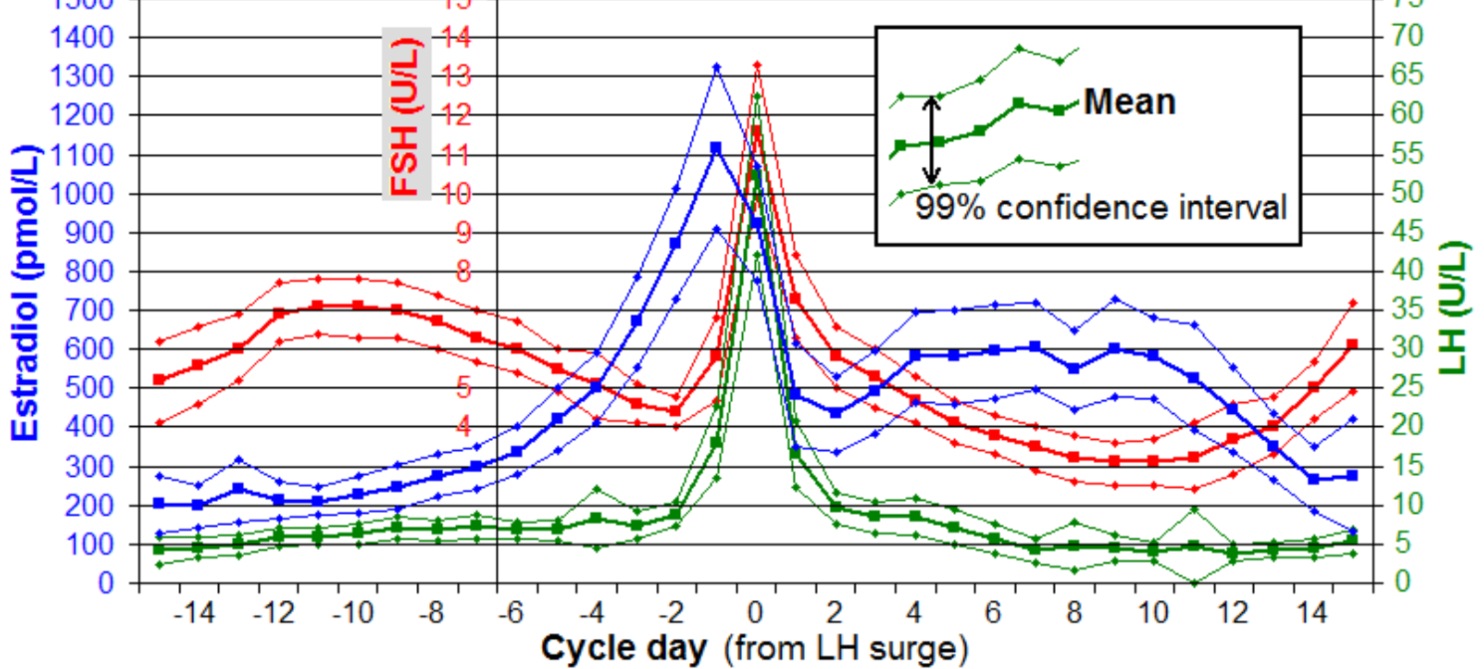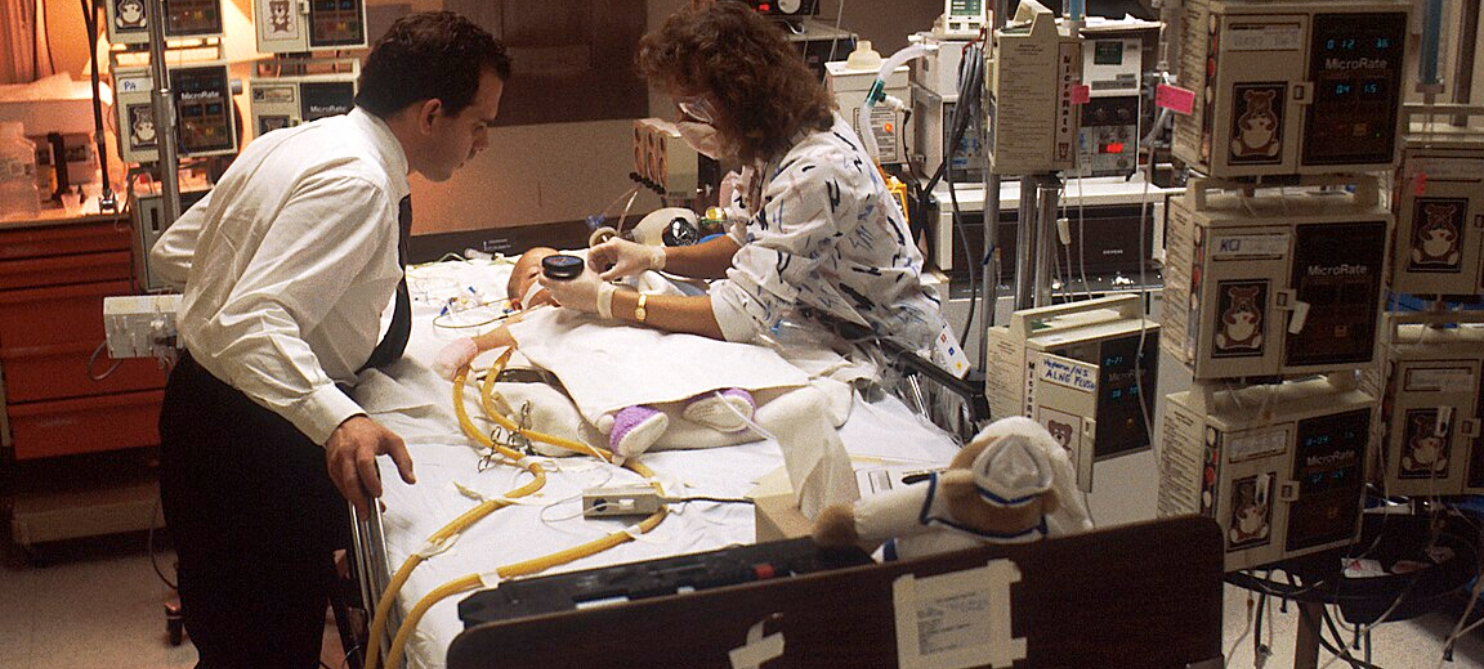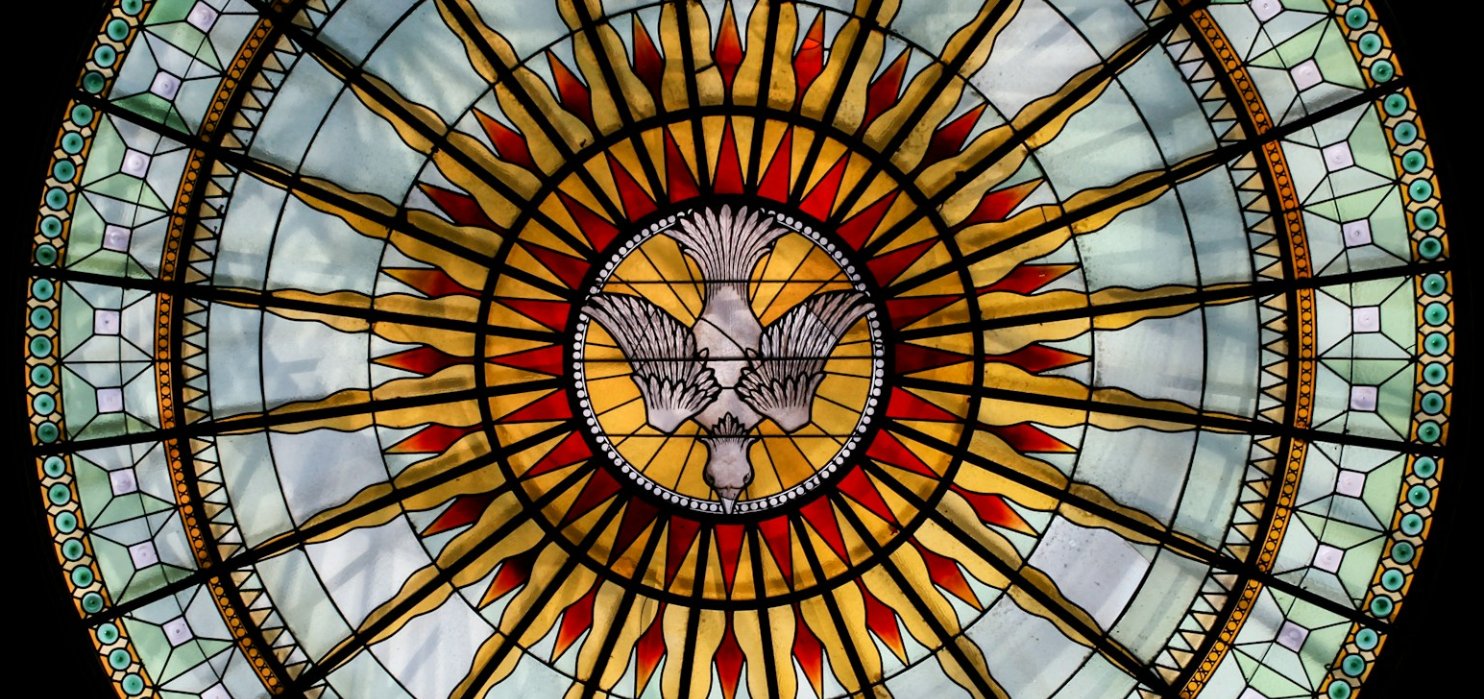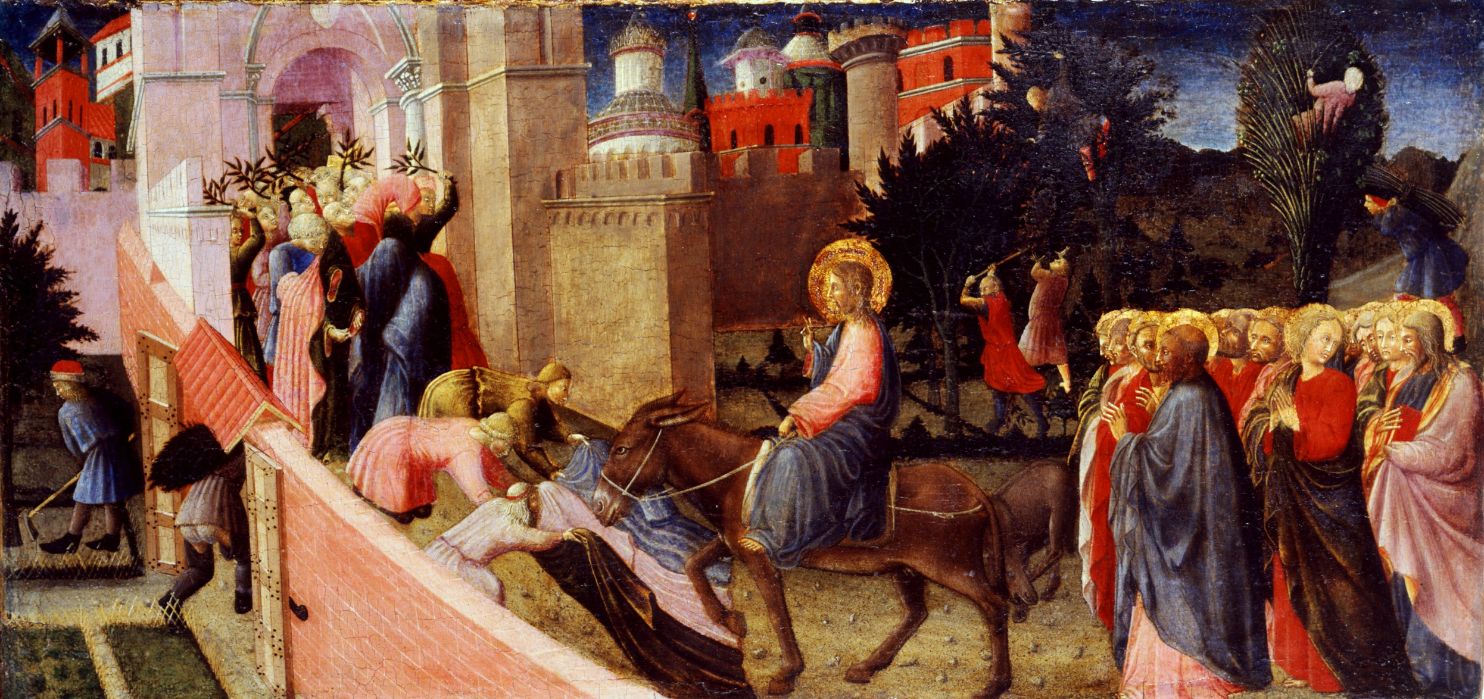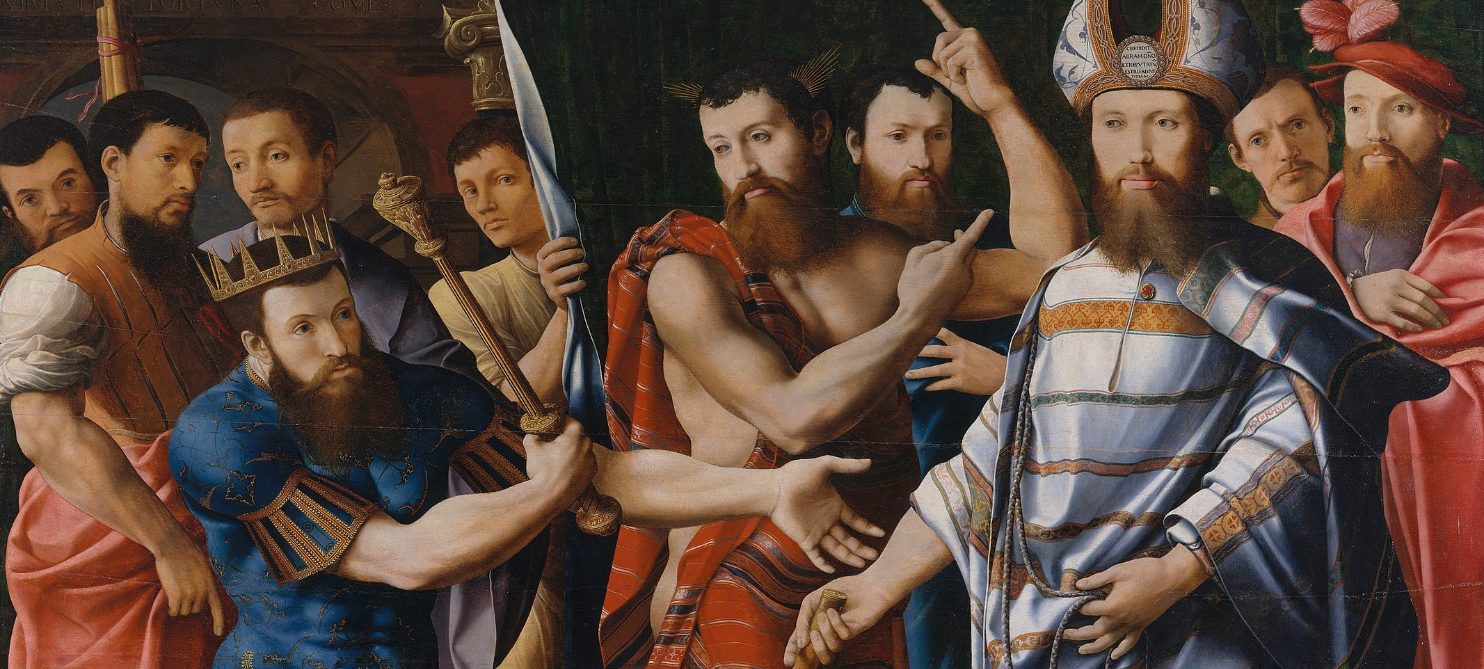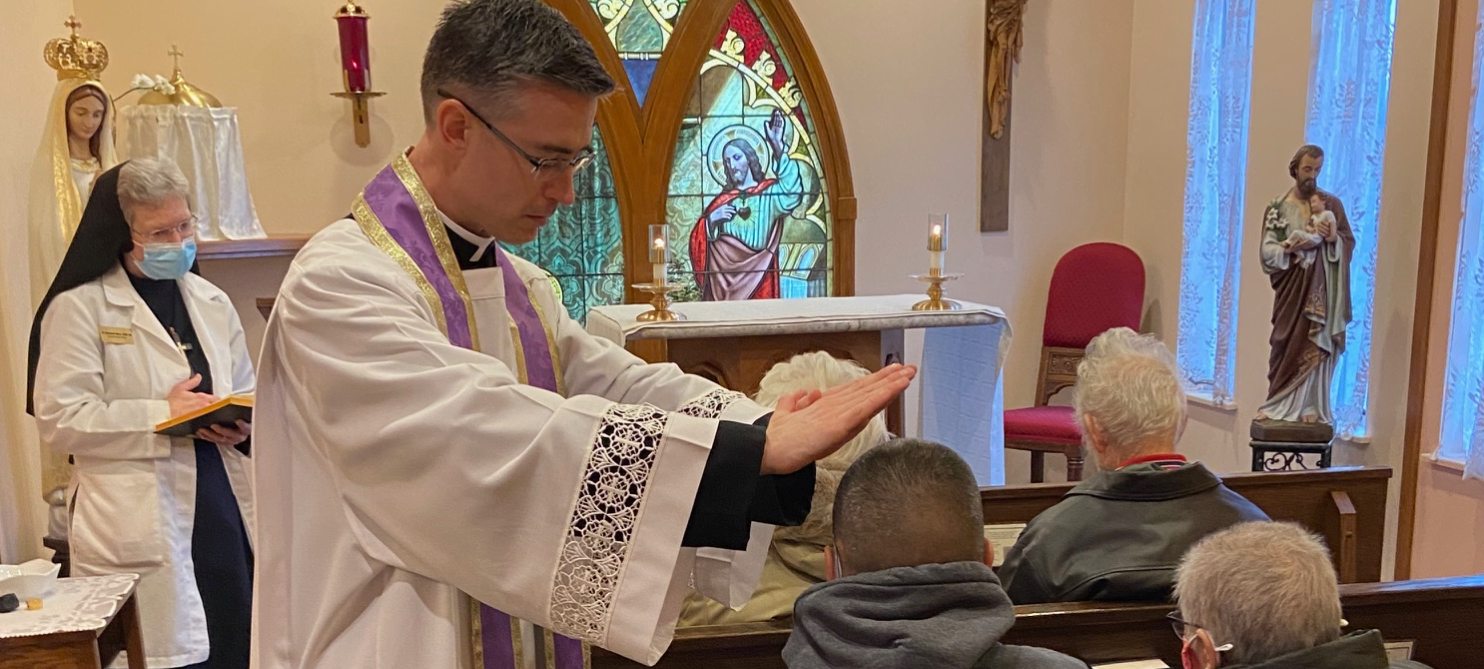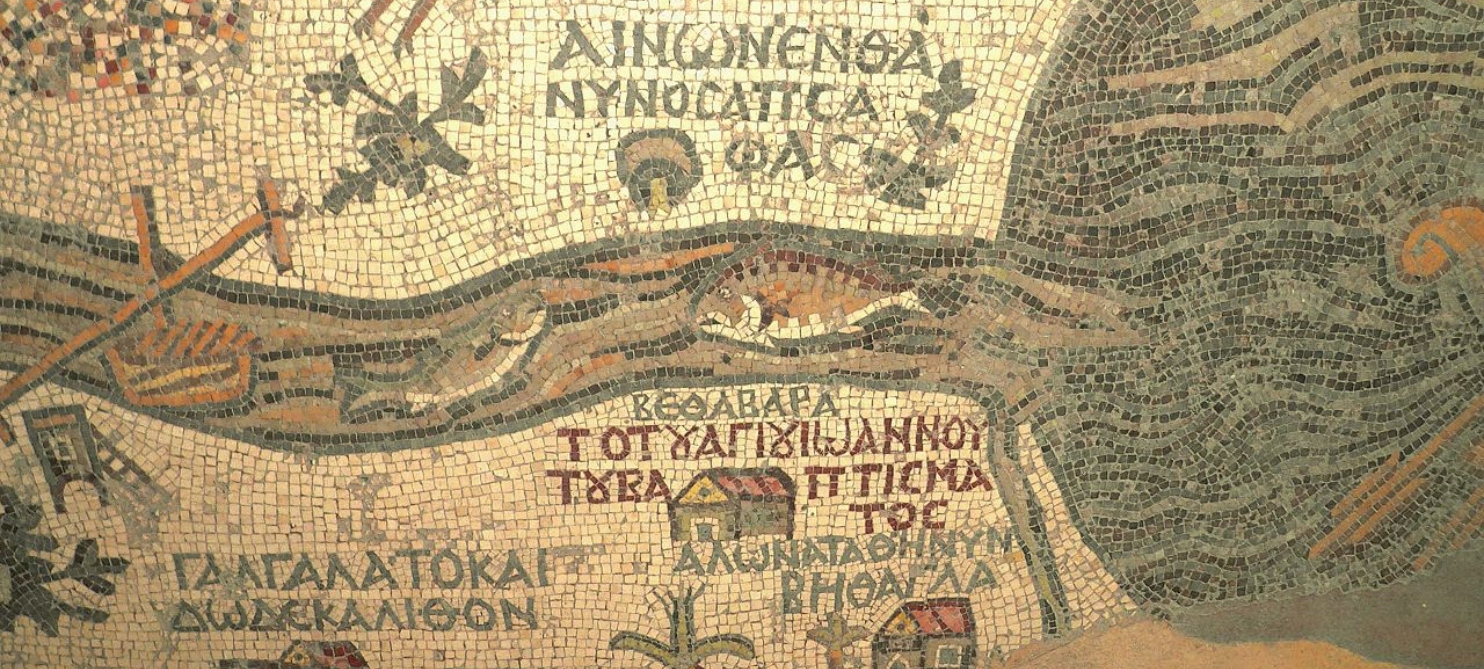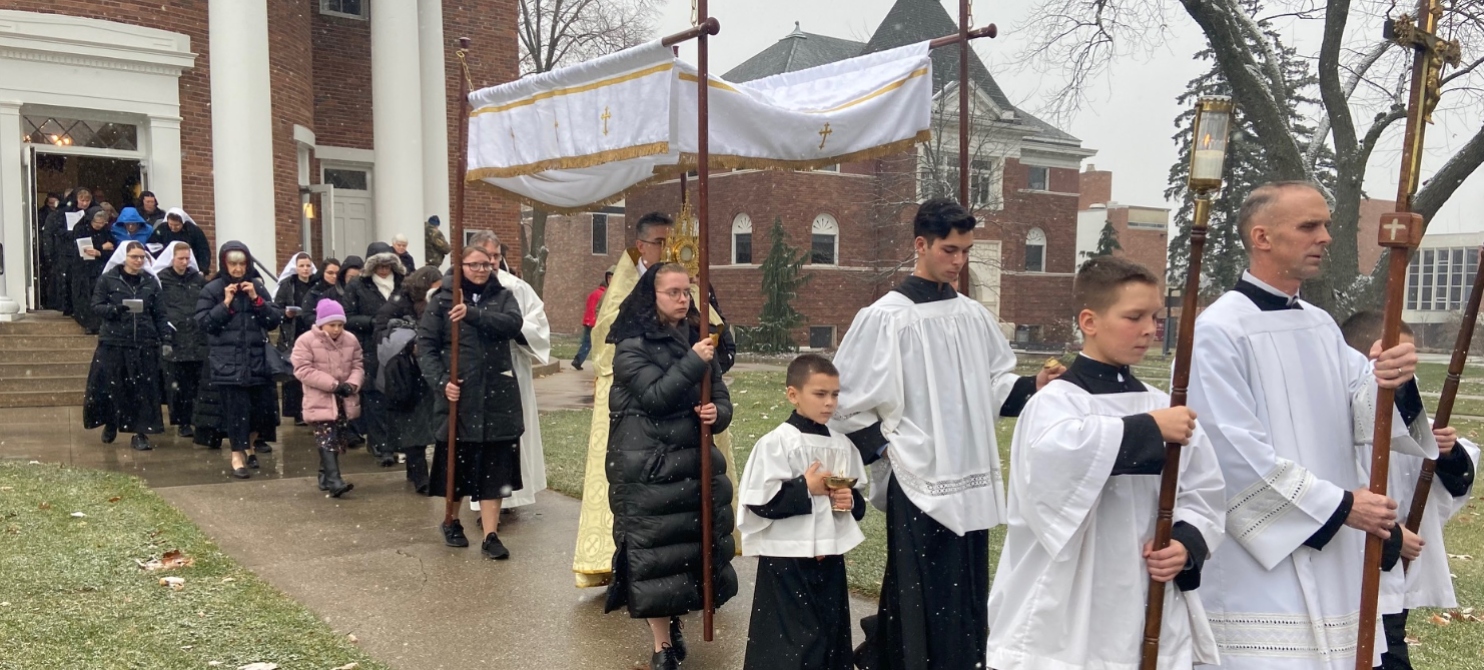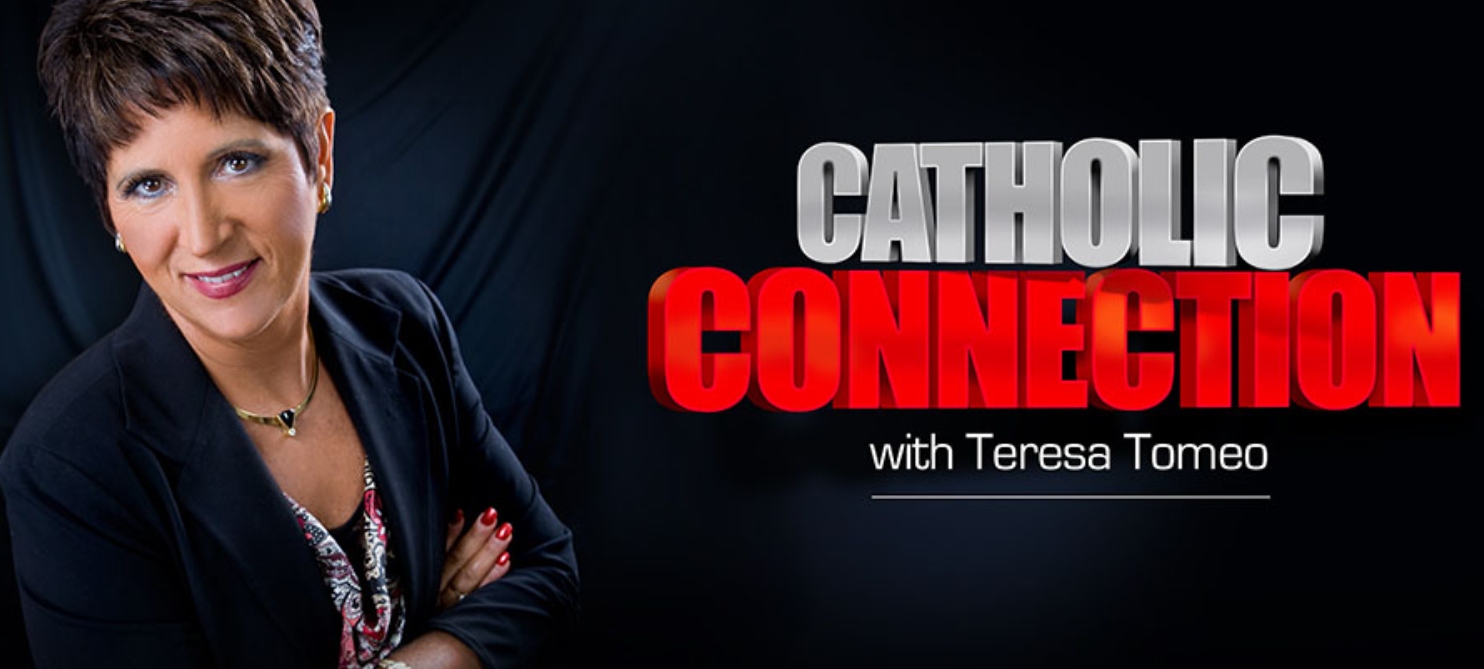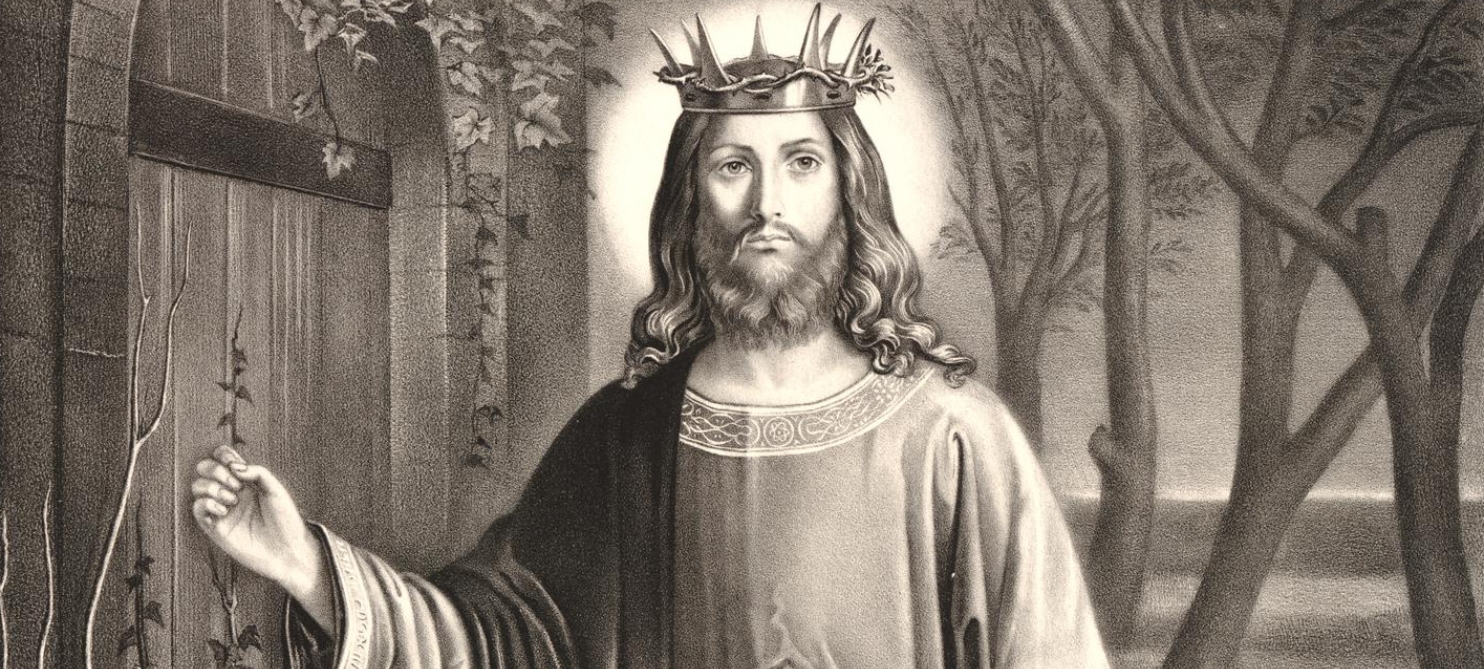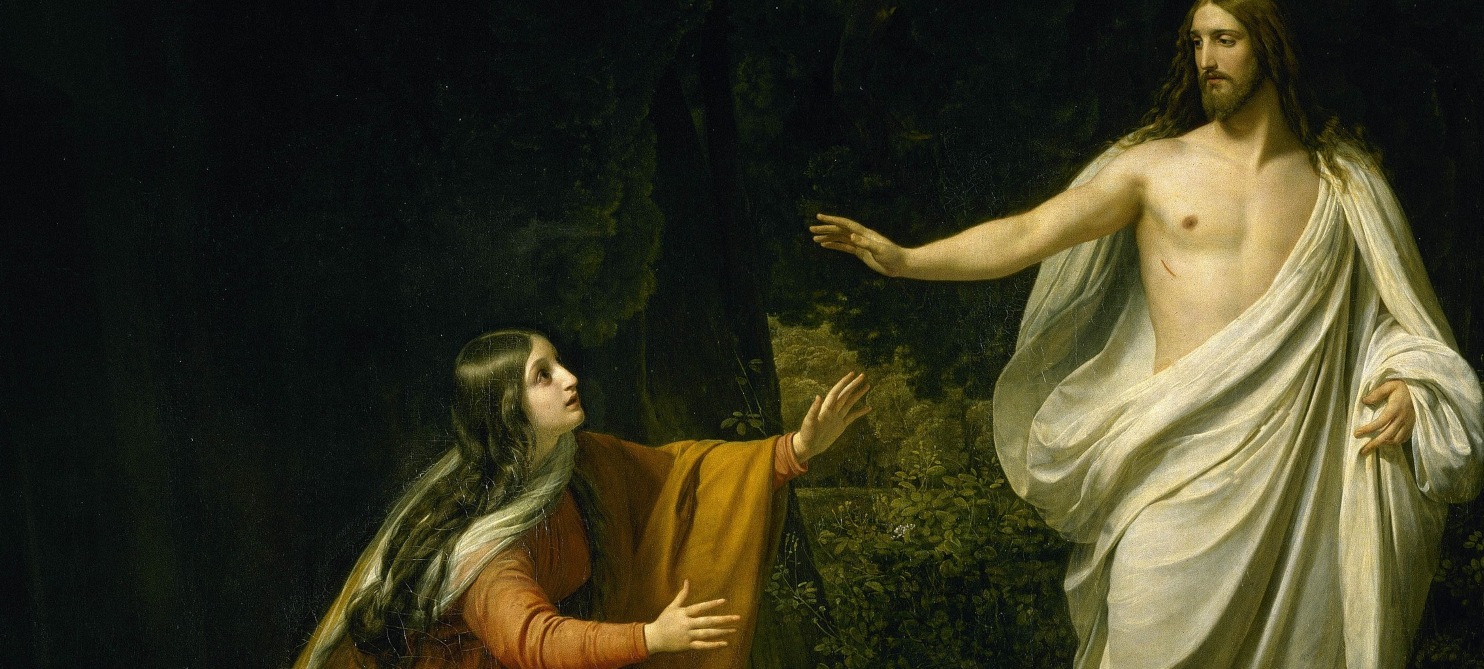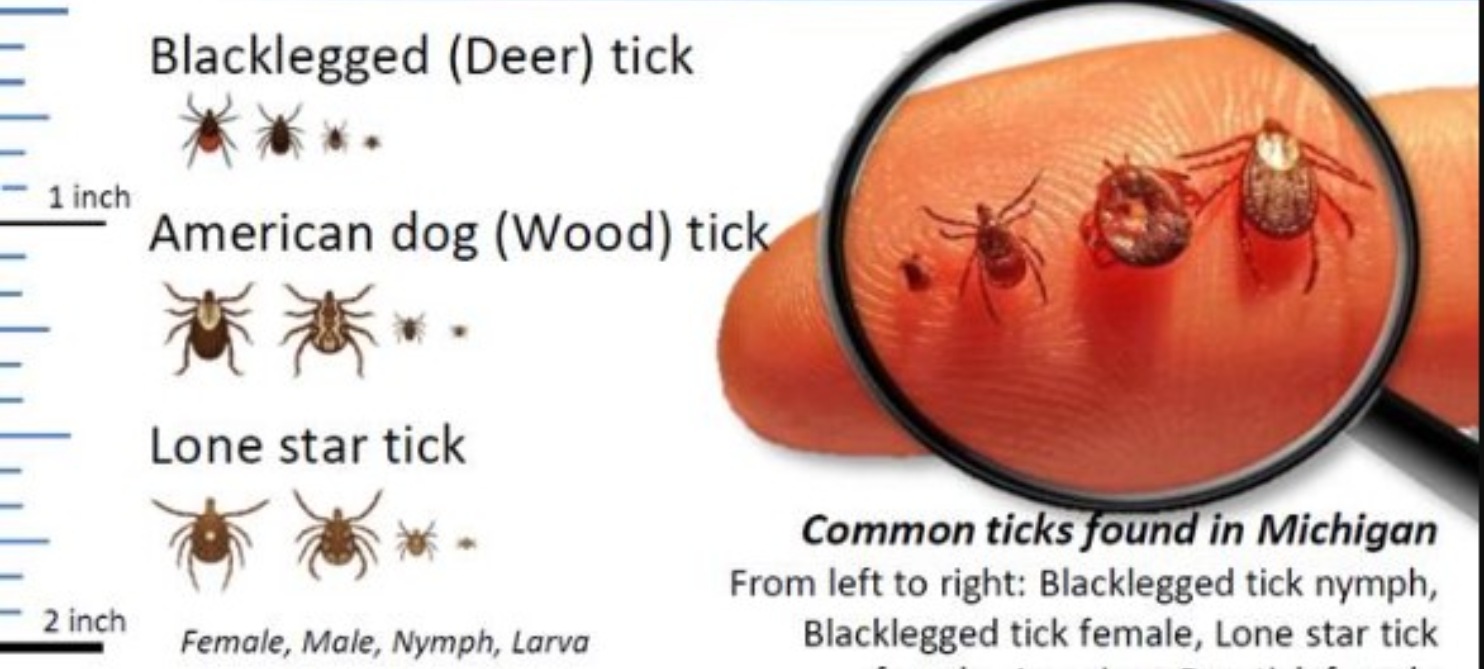I think it safe to say that many people all over the world have found the year 2020 to be difficult and trying. Some have experienced profound losses, including the death of a loved one. Governments attempting to cope with the pandemic have found it difficult and tumultuous. Between violence at home and abroad, illness, poverty, suffering, there are reasons why we can become anxious.
Stress and anxiety do not only have mental and emotional consequences; there are also real effects on the body, not the least of which is the release of stress hormones. These hormones are designed to help us survive serious events. It is what drives our flight or fight response. However, even from a biological standpoint, we’re not supposed to be like that all the time. Chronic exposure to high levels of cortisol, or stress hormone, have profound effects on the body.[i] This is why chronic stress and anxiety can lead to high blood pressure, diabetes, and other serious health conditions.[ii] Stress can affect our sleep. Altered sleep can affect hormone regulation in the body as well. This could become something of a vicious cycle. (To read more, see the bottom of this post.)
Therefore, we need to know that there are ways that we can put our anxiety into perspective and moderate our stress levels. Sometimes people need help from professional counselors and mental health specialists for anxiety disorders. Many people, without a formal diagnosis of anxiety, may need help at times in their life, especially with profound experiences of loss, such as the loss of a loved one. I would encourage people who are experiencing impaired functioning in their daily life because of anxiety and depression to talk with their primary care provider or a mental health professional. Sometimes we need more help because our typical resources or coping mechanisms have been overwhelmed by circumstances. (Resource below)
Many of us, would benefit from reaching deep down into the spiritual resources available to us. In St. Paul’s letter to the Philippines, he gives this counsel: “Have no anxiety about anything, but in everything by prayer and supplication with thanksgiving let your requests be made known to God. And the peace of God, which passes all understanding, will keep your hearts and your minds in Christ Jesus.”[iii] The truth is that life on earth is not going to be free from struggle, disease, and death. However, we are not alone in this, for we know Him Who has gained the victory for us. As we read in the third Preface of Christmas:
For through him the holy exchange that restores our life
has shone forth today in splendour:
when our frailty is assumed by your Word
not only does human mortality receive unending honour
but by this wondrous union we, too, are made eternal.[iv]
I have included this beautiful passage on the Nativity of our Lord from a sermon by Saint Bernard about the peace that comes from God alone:
We have two enemies, sin and death that is, the death of the soul and the death of the body. Jesus comes to conquer both, and to save us from both. Already He has vanquished sin in His own person by assuming a human nature free from the corruption of sin. For great violence was offered to sin, and it knew itself to be indeed subdued, when that nature which it gloried to have wholly infected and possessed was found in Christ perfectly free from its dominion. Henceforth Christ will pursue our enemies, and will seize them, and will not desist until they are over come in us. His whole mortal life was a war against sin. He fought against it by word and example. But it was in His passion that He came upon the strong man armed, and bound him, and bore a way his spoils. (11:22)
Jesus Christ also conquers our second enemy, death. He overcomes it first in Himself, when He rises from the dead, the first-fruits of them that sleep, and the first-born from the dead. Afterwards He will, in like manner, vanquish death in all of us when He shall raise our mortal bodies from the dust, and destroy this our last enemy. Thus, when He rose from the dead, Jesus was clothed in beauty, not wrapped in swaddling-clothes as at His birth. He that previously overflowed with mercy, “judging no man,” girded Himself in His resurrection with the girdle of justice, and in so doing seemed in some degree to restrain His superabundant mercy in order to be thenceforth prepared for the judgment which is to follow our future resurrection.
But Christ comes now, in His Nativity, as a Little One, with the prerogative of mercy, that His mercy, going before, may temper the justice of our future judgment. Although He comes as a Little One, the gifts He brings are not little, the treasures He bestows are not little. In the first place, He brings mercy, for the Apostle testifies: “According to his mercy he hath saved us.” (Titus 3:5) Neither was it only to those among whom He lived that He brought these benefits. Christ our Lord is a fountain that can never be exhausted. He is a fountain for us, too, wherein we may be washed from sin; as it is written, “who hath loved us, and washed us from our sins.” (Rev 1:5) But water not only washes away our stains, it likewise quenches our thirst. This is the second use of the fountain, and the Wise Man says : “Justice shall give him the wholesome water of wisdom to drink.” (Eccl 15:3) The water of wisdom is rightly called wholesome, for the wisdom of the flesh is death, and the wisdom of the world is the enemy of God. The only wholesome wisdom is the wisdom that is from God, and which, according to St. James’s definition, “is first chaste, then peaceable.” (3:17) The wisdom of the flesh is sensual, not chaste. The wisdom of the world is turbulent, not peaceable. But the wisdom that is of God is first chaste, not seeking the things that are her own, but those that are Jesus Christ’s; for, let no one do his own will, but consider what is the will of God. It is, then, peaceable, not abounding in her own sense, but rather yielding to the counsel or judgment of another.[v]
We read from Saint Bernard and St. Paul that we are to have no anxiety about anything because above all God cares for us and He sent His beloved Son to suffer that we may be saved. Life on earth will not be free from stresses, pain, sorrow, suffering…but in the midst of all these things, our true hope may be found in Christ our Savior.
If you are struggling with stress, fear, or anxiety and want to read more about ways to help cope with them, see these articles:

Need to talk with someone? The National Institute of Mental Health Information Resource Center Hours: 8:30 a.m. to 5 p.m. Eastern time, M-F Phone: 1-866-615-6464 TTY: 1-301-443-8431 TTY (toll-free): 1-866-415-8051 Available in English and Español
Image credit:
van Rijn, Rembrandt. “Christ in the Storm on the Lake of Galilee.” Wikimedia Commons. Wikimedia Commons, April 9, 2012. https://commons.wikimedia.org/wiki/File:Rembrandt_Christ_in_the_Storm_on_the_Lake_of_Galilee.jpg.
[i] “Chronic Stress Puts Your Health at Risk.” Mayo Clinic. Mayo Foundation for Medical Education and Research, March 19, 2019. https://www.mayoclinic.org/healthy-lifestyle/stress-management/in-depth/stress/art-20046037.
[ii] “5 Things You Should Know About Stress.” National Institute of Mental Health. U.S. Department of Health and Human Services. Accessed December 27, 2020. https://www.nimh.nih.gov/health/publications/stress/index.shtml.
[iii] Phil 4:6-7 RSV
[iv] “PREFACE III OF THE NATIVITY OF THE LORD.” Prefaces from the Roman Missal. Accessed December 27, 2020. http://www.liturgies.net/Liturgies/Catholic/roman_missal/prefaces.htm.
[v] Bernard, of Clairvaux. “Sermons of St. Bernard on Advent and Christmas : Including the Famous Treatise on the Incarnation Called ‘Missus Est’ : Bernard, of Clairvaux, Saint, 1090 or 91-1153 .” Internet Archive. London : R & T. Washbourne ; New York : Benziger Bros, January 1, 1970, book pp 103-105; PDF pp 116-117. https://archive.org/details/sermonsofstberna00bernuoft/page/102/mode/2up.
Whole book PDF: https://ia803208.us.archive.org/33/items/sermonsofstberna00bernuoft/sermonsofstberna00bernuoft.pdf
January 1, 2021


